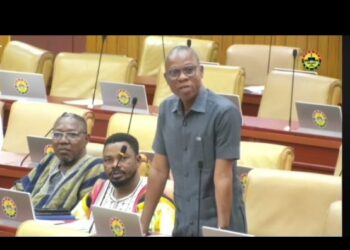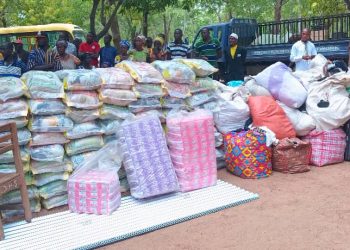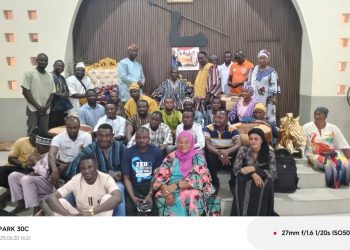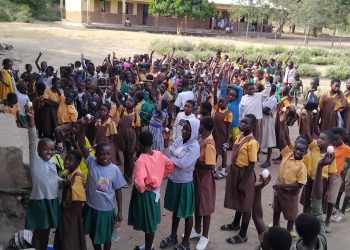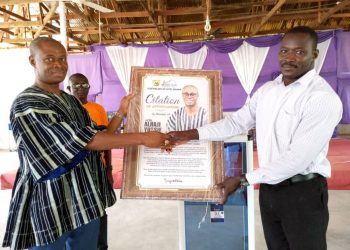
The Ghana Independent Broadcasters’ Association (GIBA) in collaboration with UNESCO has given a day’s training to selected journalists from the Northern zone in Tamale on irregular migration.
The training, first in the series of training to deliberate on the challenges of irregular migration is being sponsored by the Italian Government.
The event was held under the theme: “Empowering young people in Africa through media and communication”.
Prof. Kwame Karikari, former executive director of MFWA, said building the capacity of senior journalists on migration related reportage, experience sharing, and mapping out the way forward is relevant for national development.
He said many of the reports in the media about migration is often inaccurate and does not reflect on the reality, adding that they should avoid fake news.
A UNESCO representative to Ghana, Fauziatu Adams said the training is to deliberate on the menace of irregular migration that had engulfed many countries in Africa.
The Project is concurrently being implemented in seven African countries including Cameroun, Cote d’Ivoire, Guinea, Mali, Niger, Nigeria and Senegal.
Quoting the United Nations, Fauziatu said annually, millions of Africans among whom are women, leave their homes in search of “better life”, stating that out of the 32 million African migrants scattered around the world, nine million live in Europe.
She said the population growth in Africa would be impacted as it would account for 2.4 billion being half of the world’s population by 2050 and four billion in 2100.
This growth would have a great impact on national education systems as well as the labour market, which would have to absorb an increasing number of unskilled young Africans who are unemployed.
Professor Kwame Karikari, the facilitator of the event, urged the media to highlight on irregular migration, what it involves and the cost to help save people from embarking on the deadly voyage.
GIBA is seeking to support and revive the cooperation between Italian Government and African countries to fight irregular migration through campaigns on migration risks.


